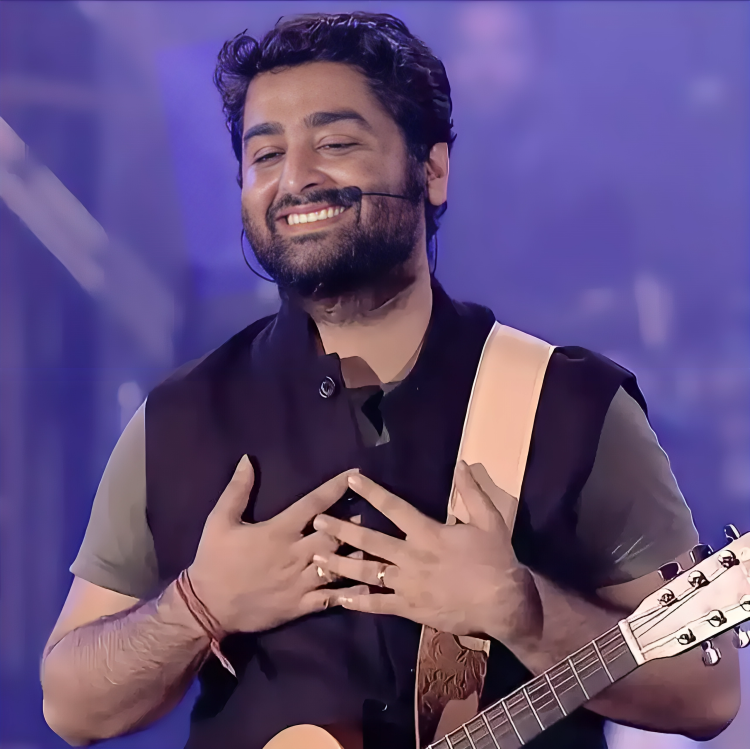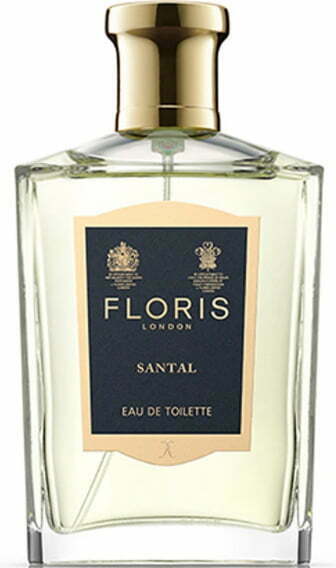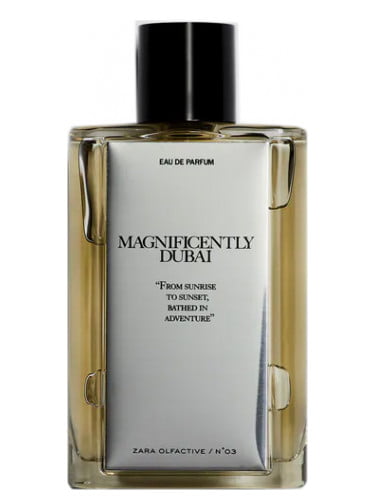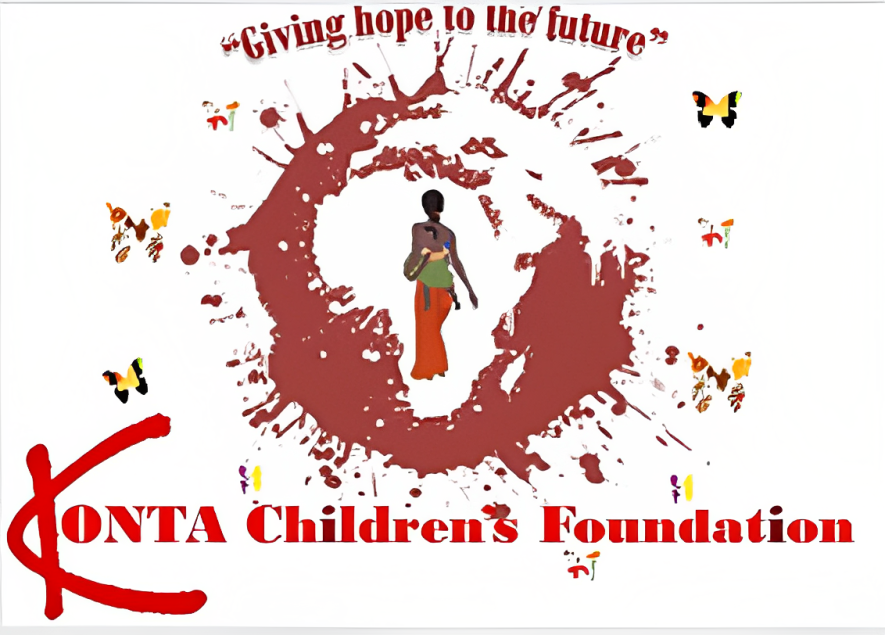ZIGGY MARLEY

Arijit Singh (born 25 April 1987) is an Indian playback singer and music composer. The recipient of several accolades including a National Film Award and seven Filmfare Awards, he has recorded songs in several Indian languages.
Singh began his career when he participated in the contemporary reality show, Fame Gurukul in 2005, but did not receive widespread recognition until the release of “Tum Hi Ho” and “Chahun Main Ya Naa” in 2013. He was declared the most-streamed Indian artist of 2020, 2021 and 2022 by Spotify. He is the 3rd most followed artist globally and the most followed Asian on Spotify.
Arijit Singh was born on 25 April 1987 in Jiaganj, Murshidabad, West Bengal to Kakkar Singh, a Punjabi Sikh father and Aditi Singh, a Bengali Hindu mother. His paternal family came from Lahore during the Partition. He began his music training at a very young age at home. His maternal aunt trained in Indian classical music, and his maternal grandmother used to sing. His maternal uncle played the tabla, and his mother also sang and played the tabla. He studied at Raja Bijay Singh High School and later at the Sripat Singh College, a University of Kalyani affiliate. According to him he “was a decent student, but cared more about music” and his parents decided to train him professionally. He was taught Indian classical music by Rajendra Prasad Hazari and trained in tabla by Dhirendra Prasad Hazari. Birendra Prasad Hazari taught him Rabindra Sangeet (songs written and composed by Rabindranath Tagore) and pop music. At the age of three, he started training under the Hazari brothers, and at the age of nine, he got a scholarship from the government for training in vocals in Indian classical music.
Growing up, he listened to Mozart, Beethoven and Bengali classical music. He idolized musicians like Bade Ghulam Ali Khan, Ustad Rashid Khan, Zakir Hussain and Anand Chatterjee, and enjoyed listening to Kishore Kumar, Hemant Kumar, and Manna Dey.
Singh’s musical career began when his guru Rajendra Prasad Hazari, who felt that “Indian classical music was a dying tradition”, insisted him to leave his hometown and participate in the reality show Fame Gurukul (2005) at the age of 18. He was eliminated by audience polling, finishing in sixth place.
During the show, filmmaker Sanjay Leela Bhansali recognized his talent and had him sing “Yun Shabnami” a song scheduled to be used in his upcoming film Saawariya. During production, the script changed and the song was no longer required. It was never released. After the Fame Gurukul, Kumar Taurani, the head of Tips, signed him for an album which was never released.
He participated in another reality show 10 Ke 10 Le Gaye Dil and won. He chose to move to Mumbai in 2006 to freelance, staying in a rented room in the Lokhandwala area of the city. He invested the prize money of ₹1 million from 10 ke 10 Le Gaye Dil to build his recording studio. He became a music producer and began composing music and singing pieces for advertisements, news channels and radio stations.
Singh spent a part of his early musical career as a music programmer and music producer for music directors such as Shankar–Ehsaan–Loy, Vishal–Shekhar, Mithoon, Monty Sharma and Pritam. While working with other composers he supervised the vocals, and the chorus sections, but it was while working with Pritam, that he began to produce and program music by himself.
This section may contain an excessive amount of intricate detail that may interest only a particular audience. Please help by spinning off or relocating any relevant information, and removing excessive detail that may be against Wikipedia’s inclusion policy. In 2010, Singh started working with Pritam on three films—Golmaal 3, Crook and Action Replayy. He started with singing scratches in the Telugu Film Industry with the 2010 film Kedi with the song “Neeve Na Neeve Na” composed by Sandeep Chowta. In 2011, Singh made his Bollywood musical debut with the Mithoon composition, “Phir Mohabbat” from Murder 2, which though he recorded in 2009 was released in 2011. The same year, when he was programming for the song “Raabta” from Agent Vinod (2012), Pritam asked him to sing as well. The part was retained in all four versions of the song, and he was made to sing the entire composition in one of the versions. Apart from Agent Vinod, Singh dubbed for Pritam in three other films released during the year : Players, Cocktail and, Barfi!.
He also sang the song “Uska Hi Banana” for Chirantan Bhatt in 1920: Evil Returns. Glamsham in its review of the song “Uska Hi Banana” wrote that Singh had sung the song intensely, emotionally and passionately and at a very high pitch. He sang on Vishal–Shekhar’s composition “Duaa” in the film Shanghai. It won him the Mirchi Music Award for Upcoming Male Playback Singer award. He was nominated in the same category for “Phir Le Aya Dil” from Barfi!.
Singh’s breakthrough came in Aashiqui 2 where he was a lead and key vocalist and came to prominence with the release of the song “Tum Hi Ho” from the movie. The song won him several awards and nominations including Filmfare Award for Best Male Playback Singer. In the same year his 3 songs from Telugu movie Swamy Ra Ra were also gained popularity.
Singh continued to work with Pritam, singing “Dilliwaali Girlfriend”, “Kabira” and “Ilahi” for Yeh Jawaani Hai Deewani. Other than singing the encore version of “Kabira”, he was the music producer of the track “Balam Pichkari” from the same film. Singh sang “Main Rang Sharbaton Ka” composed by Pritam from Phata Poster Nikhla Hero as well as “Dhoka Dhadi” for R… Rajkumar.
He sang for Shah Rukh Khan in the song “Kashmir Main Tu Kanyakumari” from Chennai Express which was composed by Vishal–Shekhar. Apart from rendering the duet version of “Har Kisi Ko” from Boss along with Neeti Mohan, the year marked his collaboration with Sharib–Toshi on the song “Kabhi Jo Baadal Barse” from Jackpot and with Sanjay Leela Bhansali on the semi-classical number, “Laal Ishq” from Goliyon Ki Raasleela: Ram-Leela. Later, in an interview Singh picked “Kabhi Jo Baadal Barse” as one of his favorite songs and chose “Tose Naina” from Mickey Virus as “closest to his heart”.













